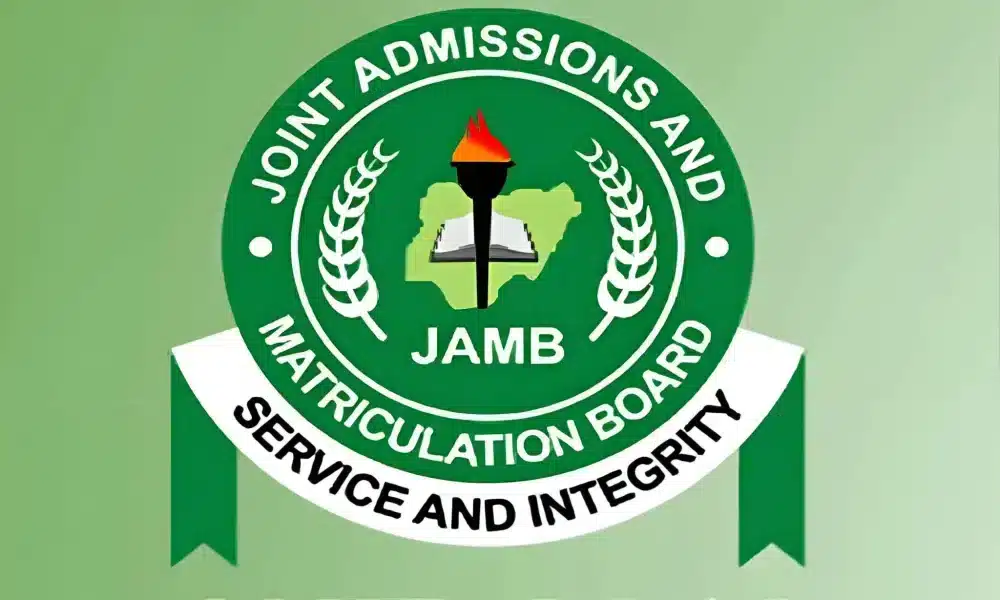Preparing for the Joint Admissions and Matriculation Board (JAMB) exam in Igbo language can be a rewarding journey, especially for students who are passionate about their culture and heritage. Igbo is one of Nigeria’s major languages, and the JAMB Igbo exam tests students’ understanding of the language, literature, and culture. In this guide, we’ll discuss the main areas to focus on for the 2026/2027 JAMB Igbo exam, helping you understand what topics to study and how best to prepare.
READ ALSO: JAMB Syllabus for Igbo 2026/2027 Free PDF Download
What is JAMB Igbo?
JAMB Igbo is one of the subject options in the JAMB exam for students interested in studying the Igbo language and literature at the university level. This exam covers both the language itself—grammar, vocabulary, and structure—as well as Igbo culture and literature. Through the JAMB Igbo exam, students demonstrate their knowledge of the language, their ability to interpret literary texts, and their understanding of Igbo traditions and customs.
Why is Igbo Language Included in JAMB?
The Igbo language is an important part of Nigeria’s cultural identity. As one of Nigeria’s three major languages (alongside Hausa and Yoruba), Igbo plays a vital role in promoting cultural awareness and unity. By including Igbo as a JAMB subject, students have the opportunity to connect more deeply with their heritage and prepare for careers in teaching, translation, cultural studies, and more.
Main Areas of Concentration for JAMB Igbo 2026/2027
The JAMB Igbo exam covers a range of topics that focus on language skills, literary works, and cultural knowledge. Here’s a breakdown of the most important areas to study:
SECTION A: LANGUAGES (ASỤSỤ)
- Essay (Edemede)
- Comprehension (Aghọtaazaa)
- Sounds and Sound Patterns (Ụdaasụsụ na Usoro Ụdaasụsụ)
- Spelling and spelling rules (Nsupe na Iwu Nsupe)
- Igbo Orthography (Mkpụrụedemede Igbo)
- Dialect and Standard Igbo (Olundị/Olumba na Igbo Izugbe)
- Igbo Word Derivation (Usoro Mmụbaokwu n’Igbo)
- Grammar (Ụtọasụsụ)
- Translation (Ntụgharị)
- Written Literature (Agụmagụ Ederede)
SECTION B: LITERATURE (AGỤMAGỤ)
- Literary devices (Atụmatụokwu)
- Oral Literature: Agụmagụ Ọnụ/Agụmagụ Ọdịnala
- Written Literature (Agụmagụ Ederede)
SECTION C: CUSTOMS AND INSTITUTIONS (Omenala na Ewumewu)
- Ekele dị iche iche: ekele ụtụtụ, ehihie, anyasị, nri, onye nọ n’ọrịa, nlakpu, ọrụ dg.
- Alụmdi na nwunye, ịgba alụkwaghịm.
- Ọmụmụ na ile ọmụgwọ, ikupụta nwa, ibi ugwu, ịgụ aha, ịzụ ahịa nwa, ịhụ eze.
- Echichi: Nze na Ọzọ, Eze/Obi/Igwe, Iyọm/Lọọlọ.
- Ike ekpe, iri ekpe, ịkwa ozu, ịgba mkpe.
- Ụmụnna, ụmụọkpụ/ụmụada, iyomdi, nwadiala.
- Ọgbọ/ebiri/uke, ọhanaeze, ezinaụlọ.
- Arụ na nsọala: Ihe nsọ, anụ nsọ, osisi nsọ, ebe nsọ.
- Ọchịchị Ọdịnala: Igwe/Eze, Nze na Ọzọ, ụmụnna, ezinaụlọ, ụmụọkpụ/ ụmụada, otu ọgbọ.
- Nnabata ọbịa, ọji na ịtu nzu, itu aha, ịkwọ aka ụtụtụ, ịgọ ọfọ.
- Ihe ofufe: Ịgba afa, ịchụ aja, ịgọ mmụọ, ofufe.
- Ngwa ofufe: Ọfọ, ikenga,okpesi.
- Nkwenye: ịdụ isi/ịṅụ iyi, ịgba ndụ, orikọ, ịlọ ụwa, ọgbanje, nrọ, ihi anụ, ịha/ịchụ mmiri, dg.
- Akụnaụba: inwe ala, ike ala, iri ekpe, elulu (ịkpa ọkụkọ, ewu, dg).
- Abamaba: Mmọnwụ, ọkọnkọ, ekpe, ọmabe, odo, dibịa, dg.
- Egwuregwu: mgba, egwu ọnwa, ikpọ ọga, ịzụ ǹchọ, ịzụ okwe, ịgba/ịchọ oro, dg.
- Akaọrụ ndị Igbo: Ọrụ ugbo, ịkụ azụ, ịkpụ ụzụ, ịzụ ahịa, ịtụ ihe ọtụtụ, ịchụ nta, ime dibịa, ịkpụ ite, dg.
- Emume: Ọfala, ịbọ ụzọ, ịwa ji/iri ji, igbu ewu ukwu,iru mgbede,ịwa akwa, akwamozu, ịgụ afọ, dg.
SECTION D: General and Current Affairs (Ihe Ndị na-eme Ugbua)
- Topical issues in the Igbo language, literature and culture e.g. Ahịajiọkụ, Odenigbo lectures and Ọhaneze Ndị Igbo.
- Authors, Publishers, dates and places of publication of works in Igbo.
- Igbo Studies Association (ISA)
CURRENT ISSUES (Okwuakpụnọnụ)
Tips for Preparing for JAMB Igbo 2026/2027
To improve your chances of doing well in the JAMB Igbo exam, follow these study tips:
- Read Igbo Literature: Read widely, especially Igbo novels, plays, and poetry. This will help you get used to Igbo writing and deepen your understanding of the culture.
- Practice with Past Questions: Go through past JAMB Igbo questions to familiarize yourself with the exam format and types of questions.
- Speak and Listen to Igbo: Practice speaking and listening to Igbo regularly to build your language skills. Listen to Igbo music, watch Igbo movies, and talk to native speakers if possible.
- Use Flashcards for Vocabulary: Create flashcards for new vocabulary, proverbs, and expressions. This makes learning easier and helps with memorization.
- Write Regularly in Igbo: Practice writing essays or short stories in Igbo. This will help improve your grammar, vocabulary, and sentence-building skills.
Conclusion
The JAMB Igbo exam gives students the opportunity to connect with their heritage while advancing their academic goals. By focusing on key areas like grammar, oral and written literature, cultural traditions, and translation skills, you’ll be well-prepared for the 2026/2027 JAMB Igbo exam. Consistent practice and a strong understanding of Igbo language and culture will give you the confidence needed to perform well in the exam. Stay motivated, keep practicing, and you’ll be ready to achieve your best.

